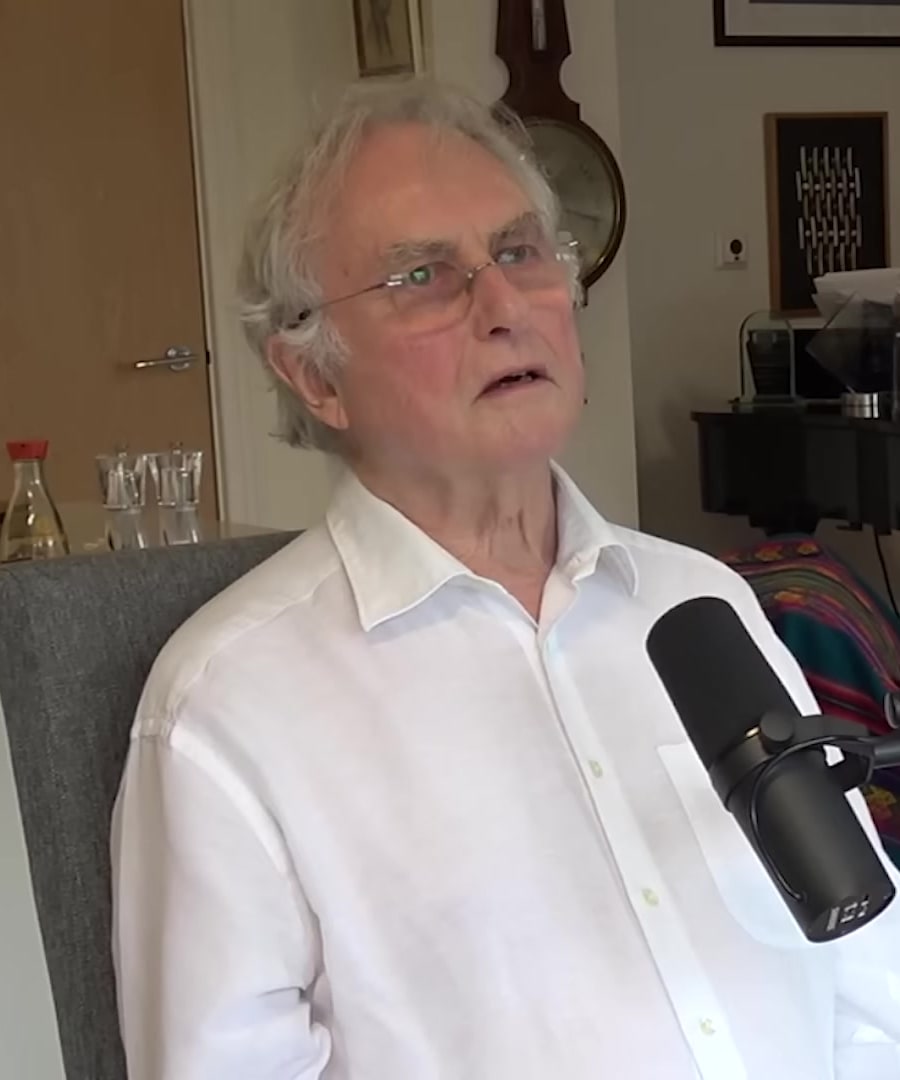Non-scientific beliefs
Sources:
Non-scientific beliefs, such as religious or supernatural explanations, serve different roles and are evaluated based on different criteria compared to scientific beliefs.
Characteristics of Non-Scientific Beliefs
-
Non-Epistemic Benefits:
- Tania Lombrozo highlights that religious explanations often provide comfort, reduce negative emotions, promote moral behavior, and foster social cohesion. These characteristics are not primarily about evidence or logical argumentation but fulfill emotional and social needs 1.
-
Thresholds for Acceptance:
- People generally require more evidence for scientific explanations but are more lenient with their non-epistemic characteristics. Conversely, for religious explanations, they demand higher non-epistemic benefits and lower epistemic evidence 2.
-
Role in Digital Age:
- Seth Godin discusses how social media and digital platforms amplify pseudoscientific beliefs by attracting crowds through sensationalism. This environment encourages the spread of beliefs that may be comforting or align with one's identity, rather than scientifically accurate 3.
Rationalizing Beliefs
- Michael Shermer notes that intelligence and education do not necessarily protect against irrational beliefs. Instead, smarter individuals might be better at rationalizing their pre-existing beliefs, regardless of their scientific validity 4.
Objective Truth vs. Belief
- Richard Dawkins differentiates between objective truths supported by evidence and subjective beliefs, like religious faith, which are not universally verifiable. He stresses the importance of evidence as a common standard for determining truth 5.
Humility in Science
- Dawkins also emphasizes that while scientists must remain humble and continuously seek better explanations, resorting to supernatural explanations is seen as intellectually surrendering rather than pushing the boundaries of knowledge 6.
Cultural and Philosophical Impacts
- The acceptance and propagation of non-scientific beliefs are deeply influenced by cultural backgrounds and personal experiences. For instance, explanations that align with cultural or emotional needs are more readily accepted than those that do not 7.
These insights reveal that non-scientific beliefs fulfill significant emotional, social, and cultural functions that scientific explanations may not address in the same way.
RELATED QUESTIONS-



